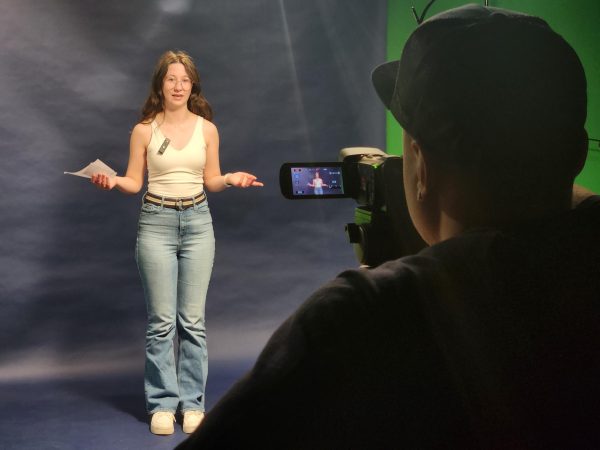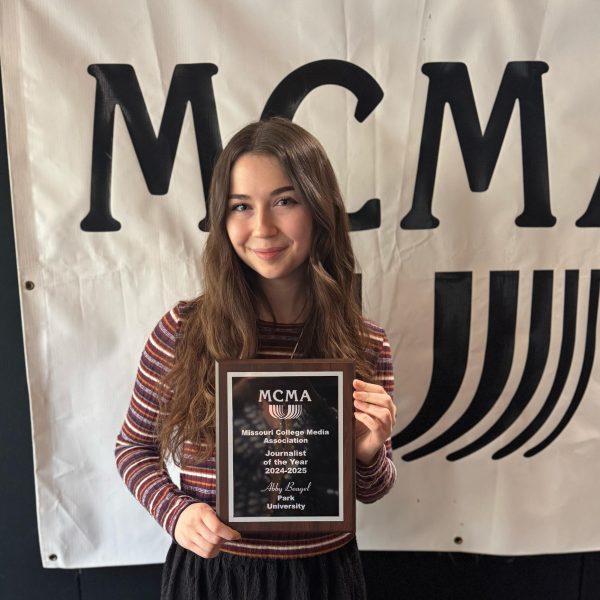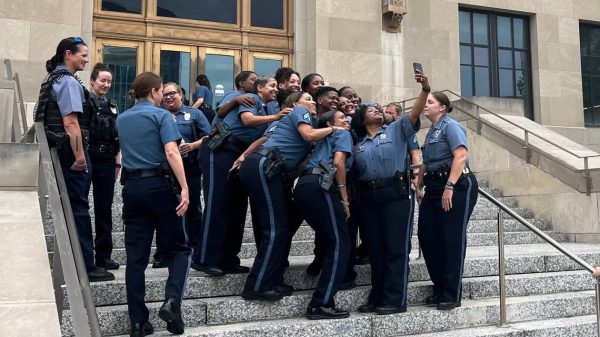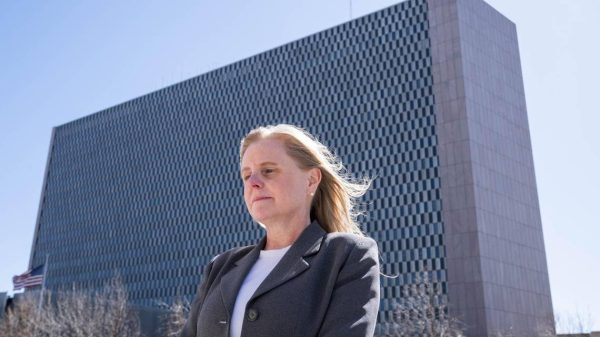Death Cafe helps reduce stigma about grief
The idea of a Death Café is bound to catch the attention of some. Even though the name might create an unpleasant feeling, the event itself is meant to be life affirming and life changing.
A Death Café is intended to increase awareness about death and help people dealing with grief the process. The first Death Café was held in 2011 in eastern London by John Underwood.
A Death Café, held at Park University, began in the Fall 2014 semester, with a Park student.
Recent Park graduate Kevin Jamison was in Laurel Hilliker’s sociology course on Dying, Death, and Bereavement last fall and this new Death Café social movement, sparked his interest when he learned about it during a class lecture.
Laurel Hilliker, assistant professor in sociology and the Center to Advance the Study of Loss at Park, was challenged by Kevin and the rest of her students to attend a Death Café in the Northland.
As the executive director of a center that provides support to professionals and students who are going into a field that will deal with death and grief, she knew the student challenge was something she should take.
She did and as she sat among medical professionals at her first Death Café, Hilliker said, she met the bereaved in attendance and listened to their experiences in a safe, non-judgmental environment.
She reported back to her class this social movement was something that deserved more attention.
After some research, the first Death Café at Park University was held in the library’s multipurpose room and sponsored by CASL.
Hilliker said she believes the Death Café helps people.
“I noticed that afterwards people are more light hearted,” said Hilliker.
According to surveys her class administered, many of the attendees enjoyed the event and would attend again.
“It was very interesting because of the very different belief systems,” said Michele Sa, work study student.
The diversity in attendance is what drives the success, according to Hilliker.
“What I loved about the death café here at Park is that we had great diversity in terms of age, culture, ethnicity and level of student/professional in attendance,” she said. “Many students, faculty and staff attended.”
Although religion is not involved and all types of dominations attend, the topic of the afterlife often arises within the small group.
The idea is to come with an open mind and heart, Hilliker said.
Sa is working with the Psychology Club to co-sponsor the next Death Café sometime this month.
If you know of any clubs at Park that would like to participate in one of the events, contact Hilliker at the Center to Advance the Study of Loss.
CASL’s goal is to try to host a Death Café event monthly.
Your donation will support the student journalists of Park University. Your contribution will allow us to cover our annual website hosting costs, freeing up other funds for equipment, printing and training.







